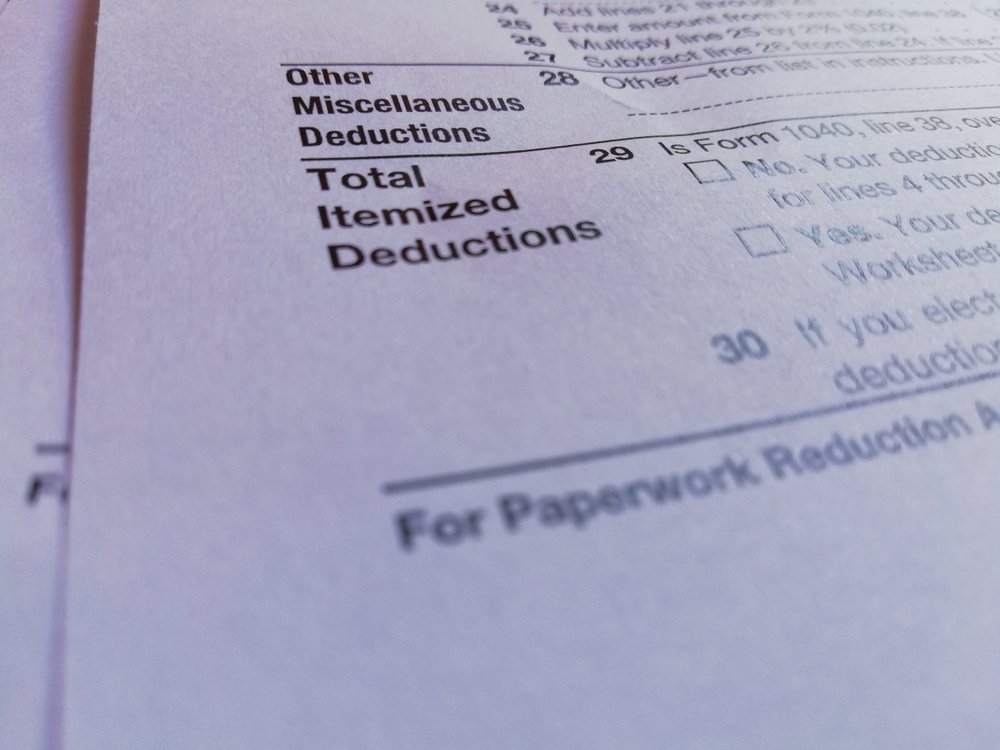5 steps to take now to cut your 2022 tax liability: Manage your itemized deductions wisely

High inflation, rising interest rates, and a downturn in the stock market have all made for an eventful year. While there isn’t much you can do to change any of these financial aspects, you can influence how much your federal tax bill will be for the year. So here is the third of five pre-year-end planning ideas that could help you lower your tax obligation for 2022 or in the future: managing your itemized deductions wisely.
Managing your itemized deductions wisely
Naturally, itemizing your deductions is a requirement if you want to benefit from the acceleration of deductions. Consider “bunching” your itemized deductions if you don’t anticipate being able to exceed the standard deduction ($12,950 for single filers, $25,900 for married couples, and $19,400 for heads of household in 2022). You can wind up with a more significant two-year total deduction if you claim itemized deductions this year and the standard deduction the following year. That is opposed to taking the standard deduction in both years.
Potential expenses ripe for bunching include state and local tax (SALT) and charitable contributions. It also may consist of medical and dental expenses if you qualify to deduct eligible expenses that exceed 7.5% of your adjusted gross income (AGI). For instance, you could prepay your property taxes for the following year, get dental work before the year ends, and donate to charities in December of this year for the years 2022 and 2023.
The SALT-like property tax deduction is generally subject to a $10,000 cap. But investigate whether you can benefit from a pass-through entity (PTE) tax. These rules are enacted by more than two dozen states and New York City. That allows a PTE to pay state tax at the entity level rather than the level of a single taxpayer. As a result, federal SALT deduction limits do not apply to PTEs.
Taking action now to cut your 2022 tax liability
Many people have had difficult financial years and worry that the economy will last into the following year. But one thing is sure: everyone wants to pay less in taxes. So to get help with your year-end tax planning, contact our RRBB accountants and advisors today. Keep an eye out for the next two tips and catch up with the last two: converting your traditional IRA to a Roth IRA and deferring or accelerating income and deductions.
© 2022
RRBB eNEWSLETTER
Get free tax planning and financial advice




